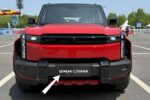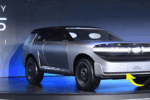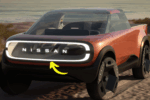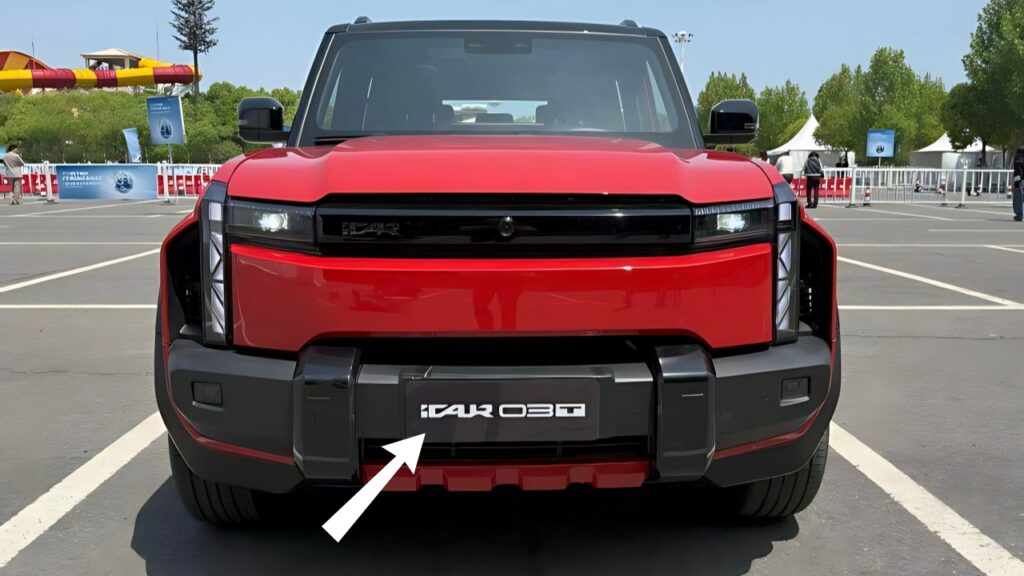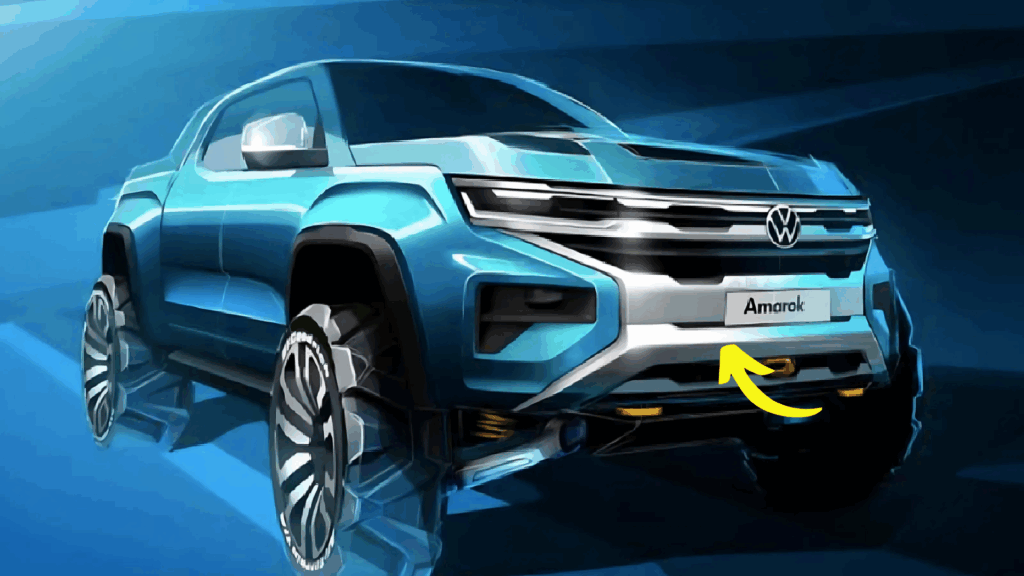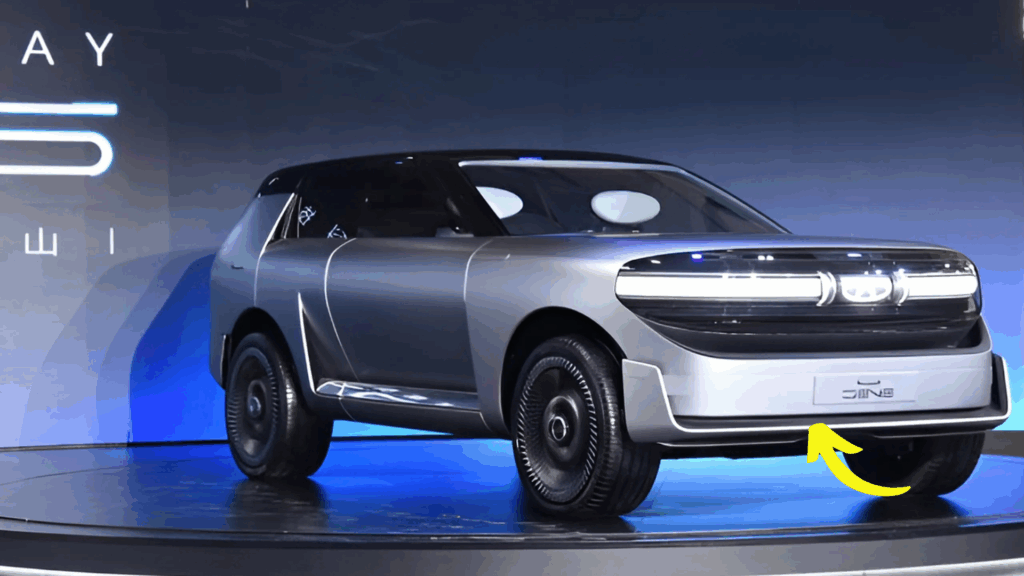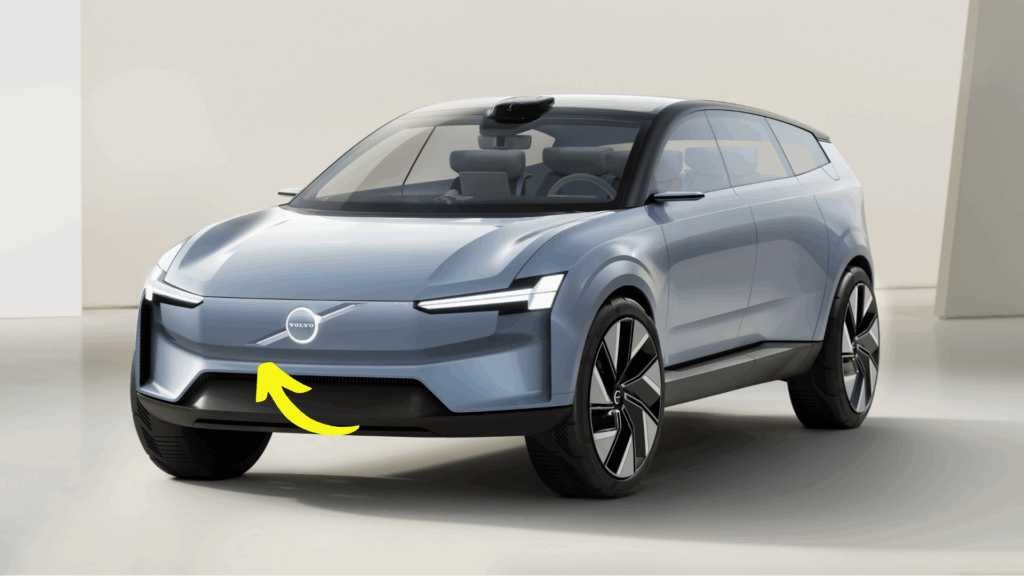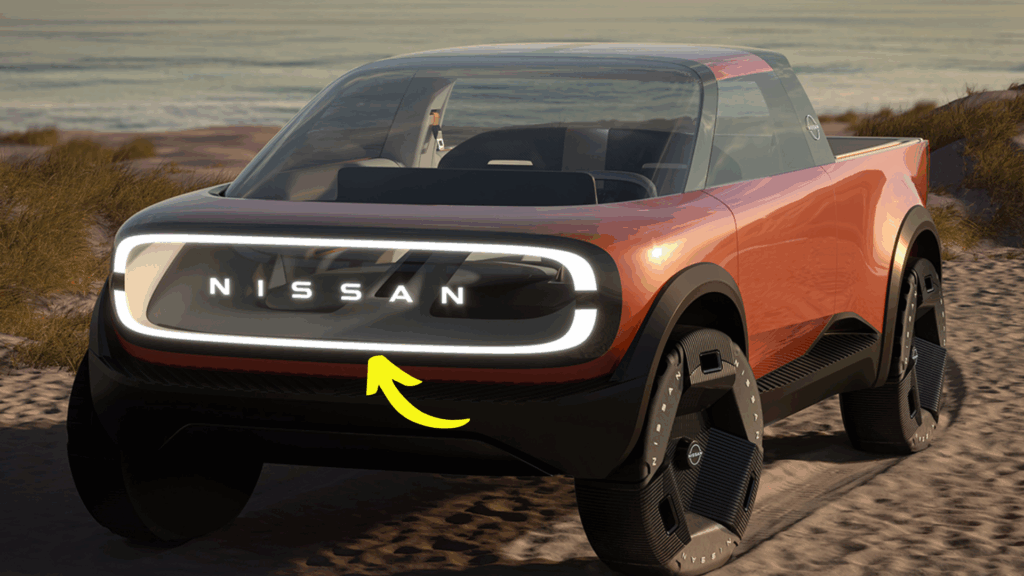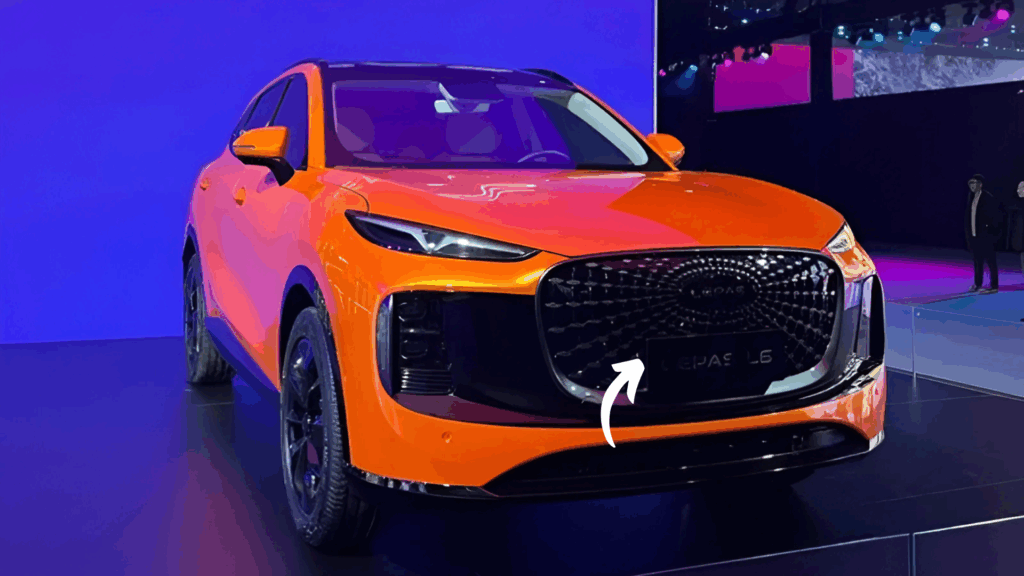In a major blow to owners of Ford’s popular utility vehicles, the automaker has announced a widespread recall affecting thousands of Ranger and Everest models equipped with the 3.0-liter V6 diesel engine. The recall targets vehicles manufactured between 2022 and 2025, with the fault potentially causing sudden engine failure that could leave drivers stranded or, worse, at risk of serious accidents.
The safety notice comes after numerous reports from affected owners, some of whom experienced breakdowns in remote areas. This comprehensive recall underscores growing concerns about reliability issues in these otherwise celebrated models.
Ford Australia initiated this safety action on May 1, 2025, responding to increasing evidence of a potentially dangerous manufacturing defect. The timing of this recall coincides with the peak travel season, when many owners rely on these vehicles for long-distance journeys and off-road adventures.
For the thousands of Australians who invested in these premium models specifically for their robust V6 powerplant, this news comes as a disappointing development. Many choose these higher-trim variants precisely for the added confidence that comes with extra power, particularly for towing heavy loads or tackling challenging terrain.
Industry analysts note that this recall represents one of the most significant safety actions for Ford Australia in recent years. The scale of affected vehicles – over 13,000 units in Australia alone – highlights the popularity of the V6 engine option among buyers willing to pay the premium for additional performance.
Table of Contents
Understanding the Recall: What Went Wrong?
The recall centers on a manufacturing defect in the left-hand engine camshaft sprocket of Ford’s powerful “Lion” V6 diesel engine. This critical component has been identified as prone to fracturing during normal operation.
When this sprocket fails, the consequences are immediate and potentially dangerous. The engine can suddenly stall without warning, causing a complete loss of power while the vehicle is in motion. For drivers traveling at highway speeds or navigating difficult terrain, this unexpected power loss creates a serious safety hazard.
According to Ford’s official recall notice, “A sudden loss of motive power whilst driving increases the risk of an accident, which may result in serious injury or death to vehicle occupants and other road users.” The gravity of this statement highlights the seriousness with which Ford is approaching this defect.
The camshaft sprocket plays a crucial role in the engine’s operation, helping to regulate valve timing by connecting the camshaft to the timing chain. When functioning properly, this system ensures precise coordination between the engine’s moving parts. A fracture in this component disrupts this carefully orchestrated mechanical dance.
Engineering experts familiar with similar recalls point out that sprocket failures often occur without warning symptoms. This makes the defect particularly concerning, as drivers may have no advance indication that their vehicle is at risk of sudden power loss.
The manufacturing defect appears limited to a specific production batch of sprockets used in the assembly of these V6 engines. Quality control processes typically catch such issues before vehicles reach consumers, raising questions about how this defect escaped detection during Ford’s normal testing procedures.
Temperature fluctuations, vibration, and normal wear may exacerbate the underlying manufacturing weakness, potentially explaining why failures have occurred across different operating conditions. Some affected owners reported hearing unusual noises briefly before experiencing complete power loss.
Affected Vehicles: Is Your Ford on the List?
The recall impacts a substantial number of vehicles across Australia and New Zealand:
- 13,490 vehicles in Australia
- 647 additional units in New Zealand
- All equipped with the 3.0L V6 turbo-diesel “Lion” engine
- Manufacturing dates between 2022 and 2025
| Model | Variants Affected | Engine | Production Years |
|---|---|---|---|
| Ford Ranger | XLT, Wildtrak, Sport, Platinum | 3.0L V6 Diesel | 2022-2025 |
| Ford Everest | Sport, Wildtrak, Platinum | 3.0L V6 Diesel | 2022-2025 |
| NOT Affected | Any model with 2.0L Bi-Turbo | – | – |
It’s worth noting that this same engine powers several high-end variants of the Volkswagen Amarok, including the Style, PanAm, and Aventura models, which were developed in collaboration with Ford. However, the recall notice specifically addresses Ford-branded vehicles.
The 2022-2025 production window encompasses nearly the entire lifetime of the current-generation Ranger and Everest models equipped with the V6 powerplant. This suggests the defect may be inherent to the fundamental design or manufacturing process rather than a temporary quality control lapse.
Ford’s decision to include all V6-equipped models within this date range indicates a thorough approach to addressing the safety concern. Rather than limiting the recall to specific production batches or build dates, the company has cast a wide net to ensure comprehensive coverage.
Interestingly, the recall does not extend to European markets where similar engine configurations are sold, suggesting the affected components may be specific to Australian and New Zealand supply chains. The 3.0L V6 diesel has been a popular choice in these markets due to their unique driving conditions and consumer preferences.
Owners can verify if their vehicle falls within the recall by checking their Vehicle Identification Number (VIN) against the detailed list published by the Department of Infrastructure and Transport. This 17-digit code can be found on the vehicle’s compliance plate, registration documents, and often on the driver’s side door jamb.
Also Read: Suzuki Gixxer SF 250 comes to fails the market of others
The Lion V6: Power Comes at a Price
The 3.0-liter V6 diesel engine at the heart of this recall has been a major selling point for premium Ranger and Everest models. Producing an impressive 184kW of power and 600Nm of torque, this powerplant is typically paired with a 10-speed automatic transmission and full-time 4WD system.
The engine’s robust performance characteristics made it particularly popular among buyers seeking enhanced towing capacity and off-road capability. However, this recall raises questions about the long-term reliability of this powertrain option.
Despite these concerns, Ford appears committed to the 3.0L V6 engine platform, with plans to use a refined version in upcoming models, including the anticipated Ranger Super Duty.
This “Lion” V6 diesel represents a significant investment for Ford, developed to meet increasingly stringent emissions standards while delivering the performance customers demand. As a premium option commanding thousands of dollars over the base 2.0-liter bi-turbo engine, expectations for reliability are naturally higher.
The engine’s design incorporates advanced technologies, including variable-geometry turbocharging, high-pressure common-rail fuel injection, and precision-engineered cooling systems. This complexity delivers impressive performance metrics but potentially introduces additional failure points compared to simpler designs.
For many buyers, the V6’s primary appeal lies in its effortless towing capability. The engine’s substantial torque output – 600Nm available from low in the rev range – makes it ideal for hauling heavy trailers, boats, or caravans. This capability is particularly valued in Australia’s vast outback regions, where vehicles may need to maintain highway speeds while towing over long distances and varied terrain.
The full-time 4WD system paired with this engine in Ranger models represents another point of differentiation from lower-specification variants, which typically feature part-time 4WD systems. This drivetrain configuration provides enhanced traction in all conditions, not just off-road scenarios.
What Ford Owners Should Do Now
If you own a V6-equipped Ranger or Everest from the affected model years, here’s what you need to know:
- Ford will contact all affected owners by mail with specific instructions
- Dealer inspections and repairs will be performed at no cost to owners
- The repair process will involve checking the camshaft sprocket and replacing defective parts as needed
- Vehicles remain drivable unless advised otherwise by Ford
- Stay alert for any unusual engine behavior that could indicate a problem
While waiting for official notification, owners can take the proactive step of checking their Vehicle Identification Number (VIN) against the official recall list available through the Department of Infrastructure and Transport website.
For additional support or questions, Ford has established a dedicated Customer Relationship Centre reachable at 133 673.
Industry experts recommend that owners schedule their service appointment promptly once contacted by Ford. With over 13,000 vehicles requiring inspection, dealership service departments may experience significant backlogs as they work through the recall process.
Owners planning long trips or remote travel before their vehicle can be inspected should consider discussing their situation directly with their Ford dealer. Service advisors may be able to prioritize cases where vehicles will be used in challenging environments where a breakdown would pose greater risk.
While Ford maintains that affected vehicles remain safe to drive, some owners may prefer to minimize non-essential driving until their vehicle has been inspected. This precautionary approach could be particularly sensible for those who regularly tow heavy loads or travel through areas with limited cellular coverage or roadside assistance availability.
Signs that could potentially indicate sprocket-related issues include unusual engine noises, particularly from the timing chain area (front of the engine), unexpected warning lights, or momentary hesitations in power delivery. Although these symptoms aren’t definitively linked to the recall issue in all cases, they warrant immediate attention if experienced.
Owners should maintain detailed records of all communications regarding the recall and any repair work performed. These documents could prove valuable for warranty purposes or if any related issues arise in the future.
Customer Complaints Mount
This recall follows a growing wave of complaints from Ford Ranger owners about engine failures. Some of these incidents occurred in particularly challenging circumstances, such as during remote travel to destinations like Cape York.
Many customers have expressed frustration over what they perceive as inadequate communication from Ford regarding these engine failures before the official recall. The timing and scope of the recall suggest the issue may be more widespread than initially acknowledged.
Online automotive forums reveal numerous accounts from affected owners dating back several months before the official recall announcement. These firsthand experiences paint a concerning picture of sudden failures occurring without warning signs or diagnostic trouble codes that could alert drivers to potential problems.
One particularly troubling pattern involves reports of failures during remote area travel, where vehicle recovery options are limited and costly. Several owners detailed breakdowns requiring expensive helicopter parts delivery or multi-day recovery operations from areas with limited accessibility.
The financial impact extends beyond immediate repair costs, with some owners reporting significant expenses for accommodation, alternative transportation, and lost vacation time while waiting for repairs. These secondary costs are typically not covered under warranty programs or recall procedures.
Industry observers note that the timing between early failure reports and the official recall announcement raises questions about internal investigation procedures. While automotive manufacturers must verify defect patterns before initiating widespread recalls, the delay between early cases and company action has drawn criticism from consumer advocacy groups.
The pattern of failures suggests the issue may manifest more frequently under certain driving conditions. Several reports indicate problems arising during extended highway driving or when towing heavy loads, precisely the conditions for which many owners selected the V6 engine option.
The Broader Impact on Ford’s Reputation
The recall comes at a challenging time for Ford Australia, which has positioned the latest-generation Ranger and Everest as premium offerings in their respective segments. The V6 diesel engine option commands a significant price premium, with buyers expecting corresponding reliability.
This situation also raises questions about quality control in modern vehicle manufacturing, where increasingly complex engines must meet stringent performance and emissions targets while maintaining durability.
For Ford, rebuilding confidence in the V6 powertrain will be essential for maintaining the strong market position these models have established in recent years. The company’s handling of this recall process will be closely scrutinized by current owners and potential buyers alike.
The timing is particularly unfortunate given Ford’s substantial investment in marketing the Ranger and Everest as capable, premium vehicles. Television and digital advertising campaigns have specifically highlighted the V6 diesel’s performance advantages, creating heightened expectations among consumers who paid the premium for this powertrain option.
Brand loyalty metrics suggest Ford has built considerable goodwill through its long history in the Australian market. However, industry analysts point out that today’s consumers have more choices than ever, with competing manufacturers offering increasingly sophisticated alternatives in the pickup and SUV segments.
The recall’s potential impact extends beyond immediate sales figures to longer-term considerations like resale value retention. Vehicles affected by significant recalls sometimes experience accelerated depreciation, though this effect typically diminishes if the manufacturer resolves the underlying issue effectively and transparently.
Dealers report mixed customer reactions to the recall announcement. While some owners express frustration, others appreciate the proactive approach to addressing a safety concern. This sentiment split underscores the importance of Ford’s communication strategy as the recall progresses.
The company’s response demonstrates awareness of these reputational considerations. By initiating a voluntary recall before regulatory intervention became necessary, Ford has maintained some control over the narrative surrounding this issue.
Is This Part of a Larger Trend?
Ford has issued multiple recalls across its global product lineup in recent years. This latest action follows other recalls for various Ford models, including those for transmission issues, windshield bonding problems, and fuel system concerns.
The frequency of these recalls has prompted some industry observers to question whether automakers are rushing new technologies to market without sufficient testing. Others suggest that more complex modern vehicles simply have more potential failure points than earlier designs.
For consumers, this situation underscores the importance of warranty coverage and the value of purchasing from manufacturers with strong after-sales support networks.
Data from automotive industry monitoring groups indicates an overall increase in recall frequency across most major manufacturers over the past decade. This trend appears to correlate with increased powertrain complexity as manufacturers balance performance expectations with tightening emissions regulations.
The Australian automotive landscape has seen particular turbulence in the diesel engine segment. Several manufacturers have faced challenges with their diesel offerings, ranging from emissions compliance issues to durability concerns. This broader context suggests the Ford recall may reflect industry-wide growing pains rather than company-specific quality control deficiencies.
Consumer advocacy organizations have highlighted potential benefits of these challenges, noting that increased scrutiny often leads to improved engineering practices and more rigorous testing protocols. The next generation of vehicles typically benefits from lessons learned during these expensive recall campaigns.
The integration of more sophisticated electronic control systems has fundamentally changed vehicle diagnostics. Modern engines rely heavily on sensors and computer monitoring to optimize performance and detect problems. However, mechanical failures like the camshaft sprocket issue may sometimes occur without triggering electronic fault codes, complicating early detection efforts.
Market analysts note that Ford isn’t alone in facing engine-related recalls. Several competitors have issued similar actions for their flagship models in recent years, though the scale and nature of the defects vary considerably between manufacturers.
What This Means for Ford’s Future
Despite this setback, the Ranger remains one of Ford’s most successful global products. The company appears committed to addressing this issue thoroughly to maintain customer confidence.
The true test will be whether Ford implements design or manufacturing changes to ensure this specific problem doesn’t recur in future production. The company’s willingness to issue a comprehensive recall rather than addressing failures on a case-by-case basis suggests a serious approach to the problem.
For current owners, the key concern will be whether their vehicles retain value after this recall. Historically, properly addressed recall issues have minimal long-term impact on resale values, particularly for popular models like the Ranger.
Frequently Asked Questions
Is my Ranger or Everest safe to drive if it has the V6 engine?
Yes, Ford states vehicles remain safe to drive unless owners are specifically advised otherwise, but stay alert for unusual engine behavior.
How will I know if my vehicle is affected by this recall?
Ford will contact all affected owners by mail, but you can check your VIN against the official recall list on the government’s Vehicle Recalls website.
Will this repair cost me anything?
No, all inspections and repairs related to this recall will be performed free of charge by authorized Ford dealers.
How long will the repair take?
Ford hasn’t specified the exact repair time, but it will involve inspection of the camshaft sprocket and replacement of parts if necessary.
Does this affect Volkswagen Amarok models with the same engine?
The recall notice specifically addresses Ford-branded vehicles, though the same engine is used in certain Volkswagen Amarok variants.

